So I’ve been thinking a lot about war lately. Part of that’s because I’m working on the sequel to ASHES, and the book most definitely revolves around war against and between all kinds of enemies: the self, one’s brother, the generations, the past. The other reason, though, is I just finished Sebastian Junger’s War (NY: Twelve; 2010), an absolutely mesmerizing book that follows the lives of soldiers in the Korengal Valley, one of the most dangerous postings in Afghanistan. Now, I’ve read a lot of books about the military generally, and the Iraq-Afghanistan wars in particular. I won’t go so far as to say that these wars are this generation’s Vietnam; they aren’t and can never be for a whole host of reasons. Part of me also thinks that branding what’s happening now as a Vietnam-like experience diminishes the importance of what these wars are about and the sacrifice of those choosing to fight.
At any rate, I tore through Junger’s book and then, immediately, turned back to the beginning and started to read all over again. The story is that compelling.
As it happened, I was reading the book at the same time that something really important happened. On November 16, Obama presented the Medal of Honor to Staff Sgt. Salvatore Giunta of the 173rd Airborne in a ceremony that CNN carried live, and which I watched.
I won’t recount here, blow by blow, what Giunta did. If you don’t have the patience to sit through the twenty-minute ceremony, go read Giunta’s interview with Vanity Fair. Suffice to say that when Giunta’s squad was ambushed on the narrow crest of a spur—at night, with no cover and on terrain bordered on all sides by steep hills and rotten rock—Giunta rescued two soldiers, putting himself into the line of fire to do so. (After pulling one wounded guy to safety, he hauled butt after two Taliban who were dragging away Giunta’s badly wounded lieutenant. He killed one Taliban; after the second ran away, Giunta kept his friend alive until the platoon’s medic could arrive. Sadly, the lieutenant, Josh Brennan, died in surgery a day later. )
Why is any of this important? Is this important only because Giunta was given a medal? No. Giunta himself is quick to point out that every single person in the squad deserves the same honor. Like so many soldiers, he only says that he did the job for which he’d been trained.
Really? This is only about a job?
I don’t believe that. That is, yes, I believe what Giunta says, but I think the real gut-check here goes much deeper. So does Junger who, I think, really nailed it when he asked another soldier if he would risk his life for his fellow platoon-mates. That guy said he’d throw himself on a grenade because “ . . . I actually love my brothers. I mean, it’s a brotherhood. Being able to save their life so they can live, I think is rewarding. Any of them would do it for me.”
Now, you can be cynical and say that guy and Giunta and all soldiers have been brainwashed; that the military’s put them in this impossible situation and so, of course, they’re conditioned to think this way—but you’d be missing the point.
I’m not going to debate the nature of war or if war is moral or any of that, but, face it: wars of all sizes happen all the time. War cuts across species. Ants go to war, and so do chimpanzees. The potential for war exists whenever individuals, human or otherwise, organize into groups, whether that group is a country, a family, a gang or friends at school.
The military’s no different. Now, while I’ve served, I’ve never been in combat; the closest I came was an almost-deployment during the Persian Gulf War. But I knew many people who were deployed and I cared for many of those who returned, and I can tell you that, in an extreme situation, when people you know are going out there; when you understand that they may not come back; when you allow yourself to truly empathize with the sacrifices so many soldiers make . . . something really interesting happens. They call it esprit de corps (literally, team spirit); they call it morale. But whatever it is and no matter how you feel, personally, about going to war, when you’re in uniform, you really care. The smaller the group, the more you care because in a small group, people depend on each other for survival. (Why do you think feelings are so much more intense in a family?) People in small groups, who grow to depend on one another, also grow to love each other–and love in war truly binds.
When I was in the military, my situation was nowhere near as dire as any of those on the front-line now or then. Primarily, I was worried about being deployed–my kids were very young–but I was also concerned about those already gone. I cared then and, all these years later, I still have a profound and enduring respect for soldiers—not the military establishment per se (which, trust me, has its share of jerks of all ranks), but the actual men and women who go out there to grub around and get dirty and sacrifice and bleed and fight. You might even call what I feel affection. I wasn’t in the military all that long—only four years—and I left primarily because I couldn’t see how I could both do my job, which would have entailed a remote tour or two, and be around for my children. I won’t make excuses for my decision; I did what I thought was right based on where I was in my life as a mom and a doctor. (I remember that my sister-in-law pointed out that me being around for my children was just as important a service as putting on that uniform. She was right.) But I still wonder what might have happened if I’d stayed in, and there are lots of days when I wonder if there’s not something more that I can do to help in some more tangible way: when I think I’d re-up if I could (I can’t; I’m too bloody old) or volunteer. (I know the military could use my shrink skills, but the nearest base is hours away.)
Yet I continue to care—and you should, too, if for no other reason than at this time of year, when you’re safe and with family, those soldiers aren’t.
So, if you don’t know anything, educate yourself. Start small. Read Giunta’s interview. If that inspires you to read Junger’s book, of which Giunta’s story is only one story out of many, do. (Ideally, do both.) Then make some time to watch Junger’s documentary, “Restropo,” airing tomorrow night on National Geographic.
If any of that inspires you to read and learn more, do so.
Oh, and visit Any Soldier and make a donation or send a care package. (Or, if you wish, visit Brendan O’Byrne’s site. O’Byrne was with Second Platoon in the Korengal when Junger was there. O’Byrne gives a list of items you can send and he will walk you through the process of getting your package overseas.) Believe it or not, Beanie Babies are big: easy for soldiers to carry and give to local kids who, apparently, love them. So are CDs, DVDs (TV series are big), books, snacks (jerky’s especially good) and personal hygiene supplies. Socks, too, only make them good ones: these soldiers are on their feet a lot.
Whatever you do, though, bottom line?
Make some time to care.
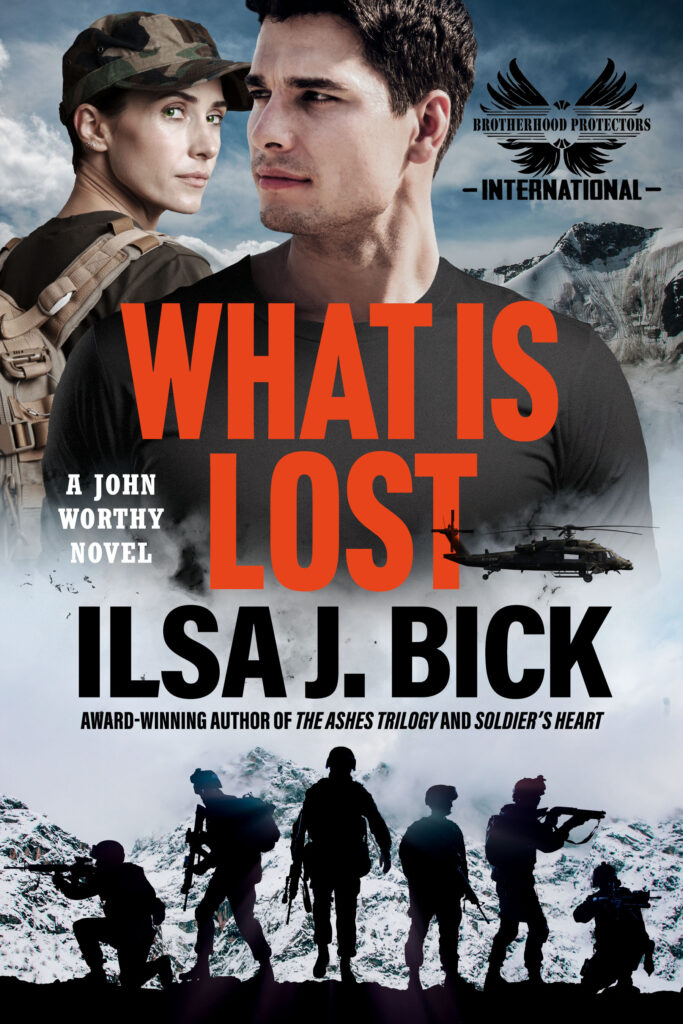




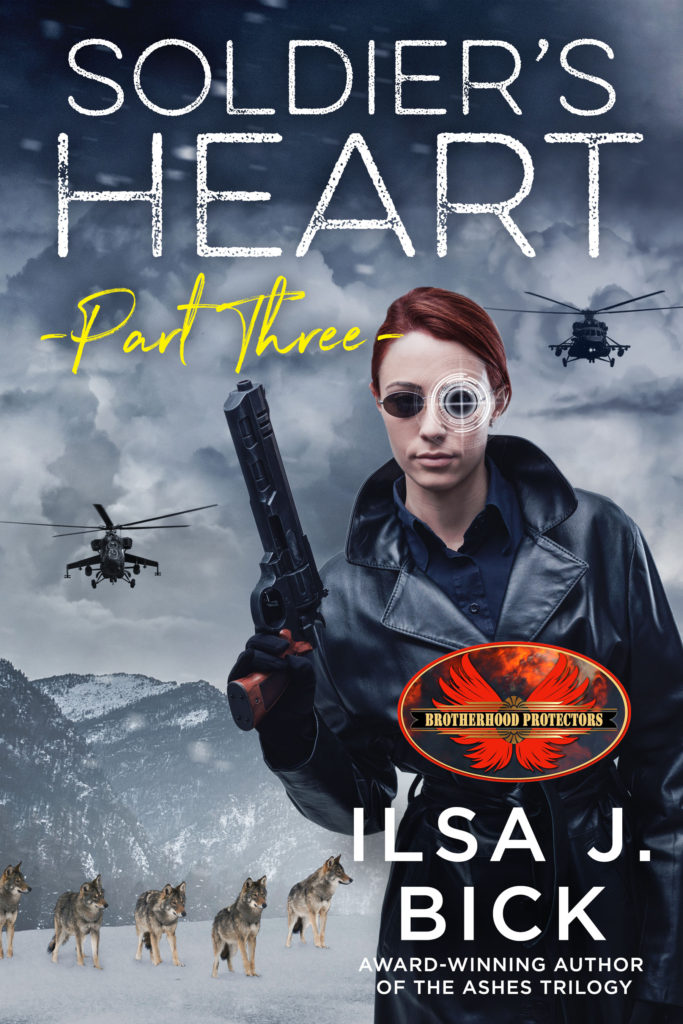

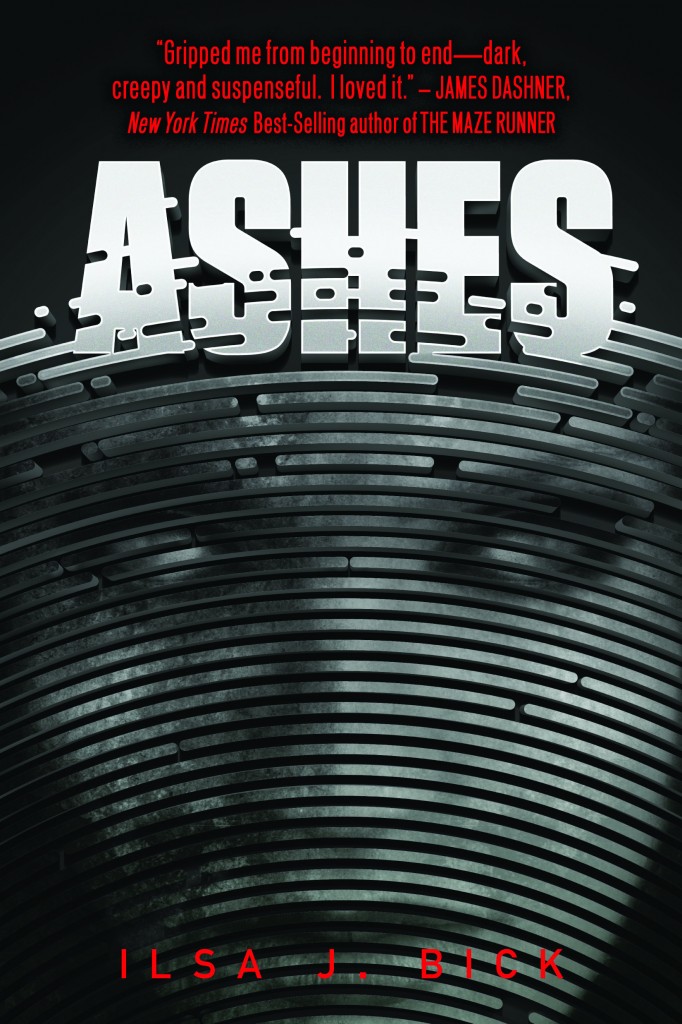
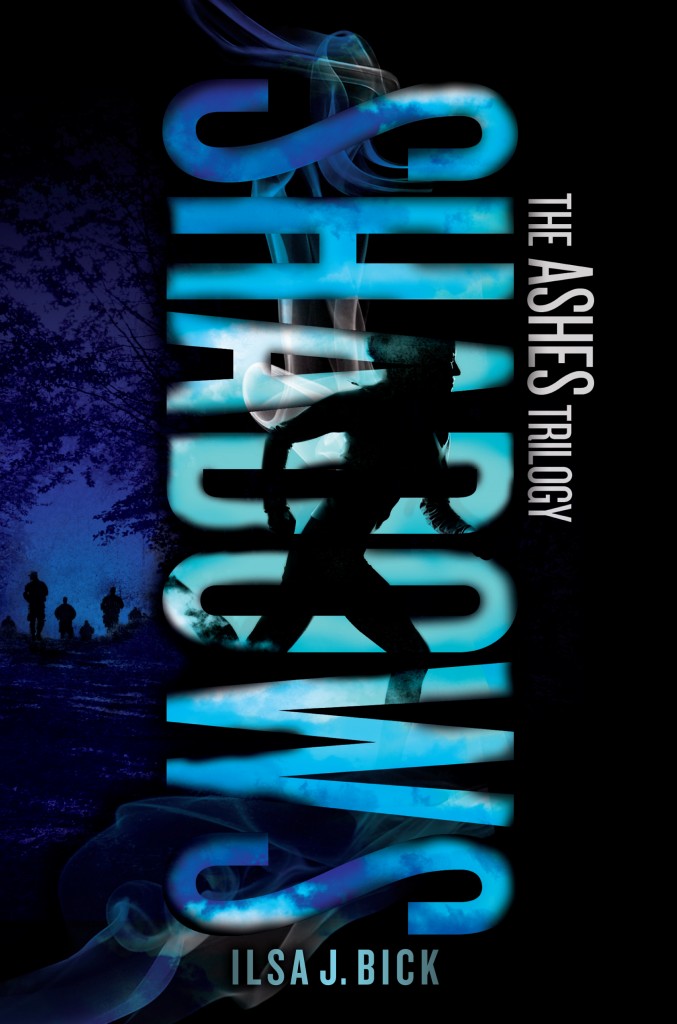
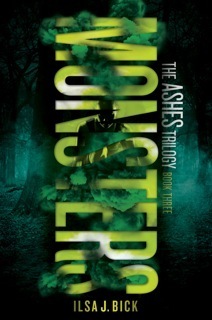


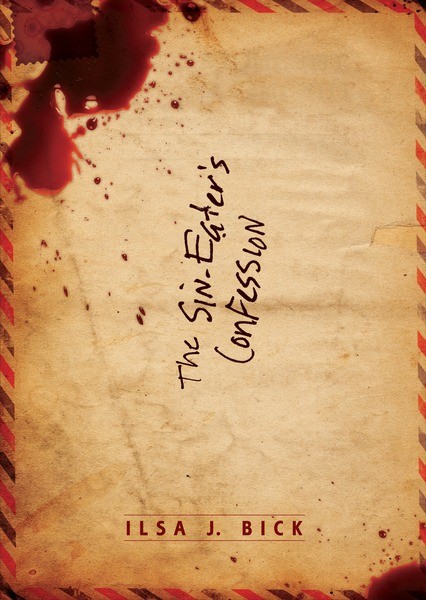
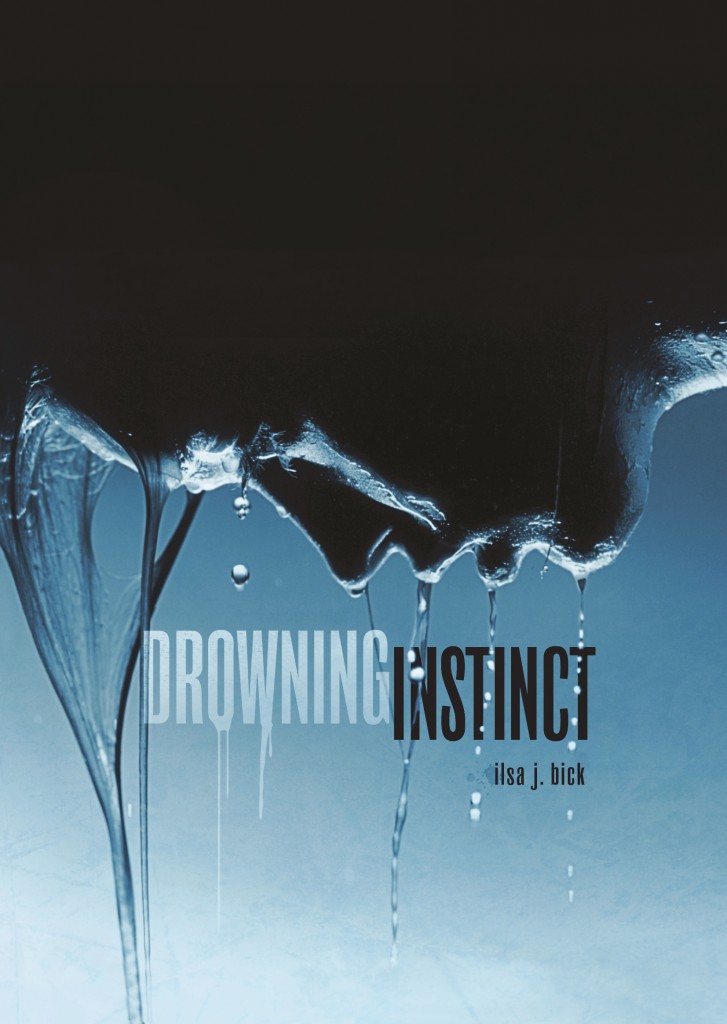
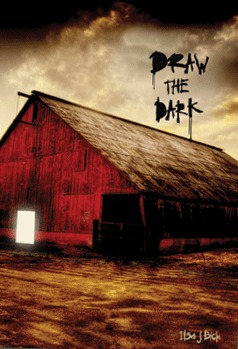
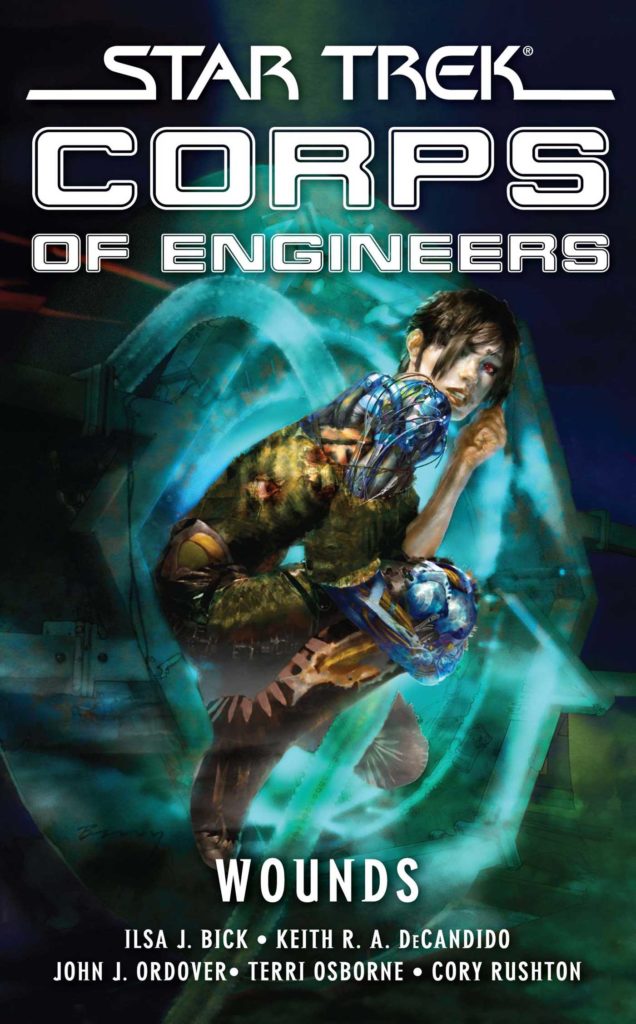



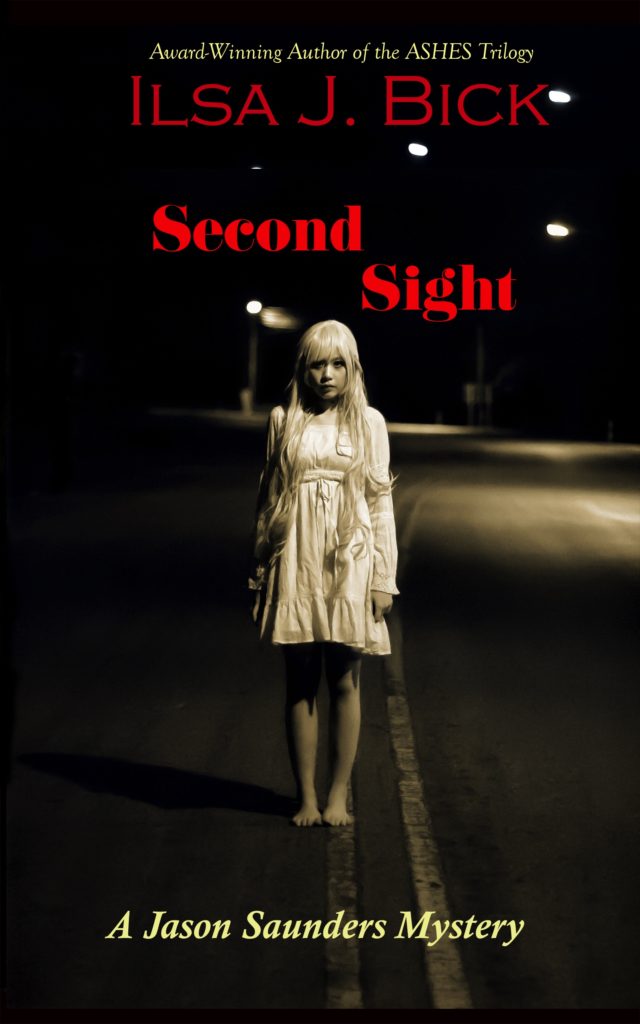

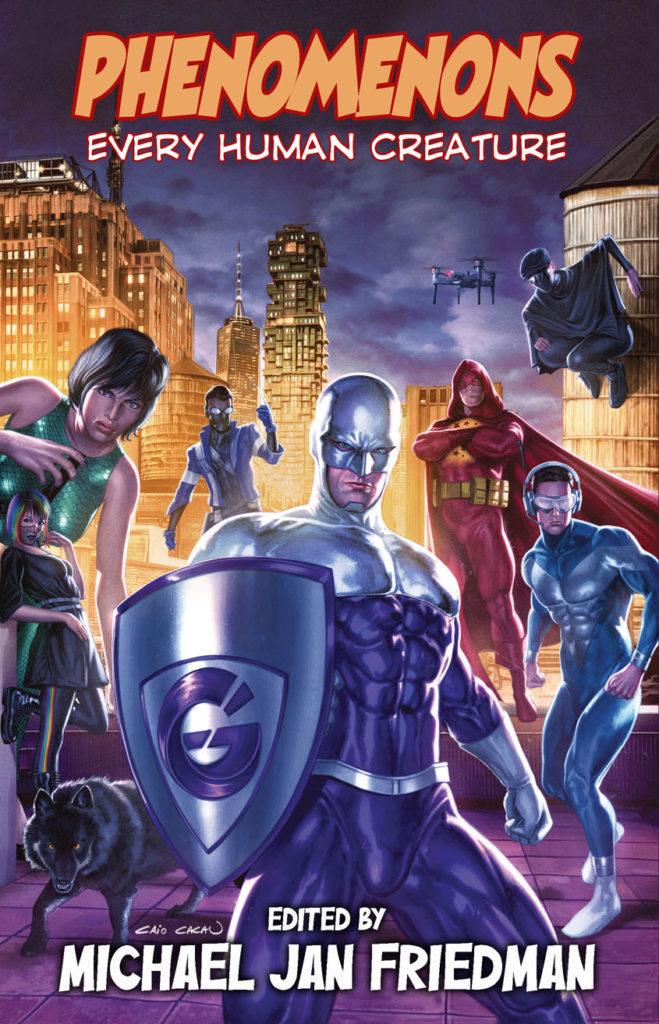
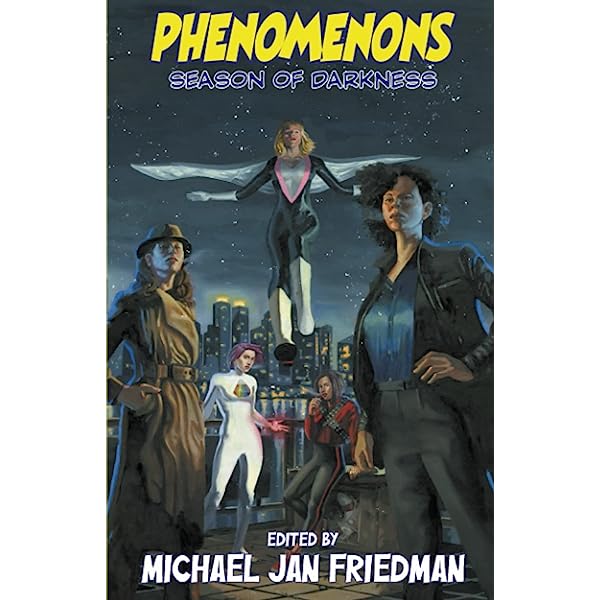

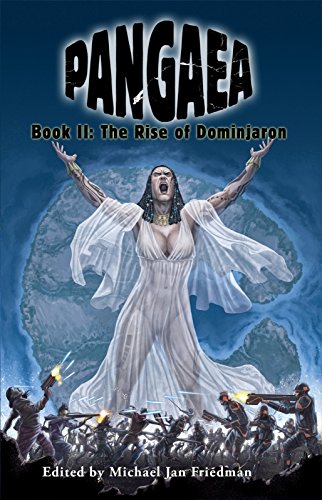
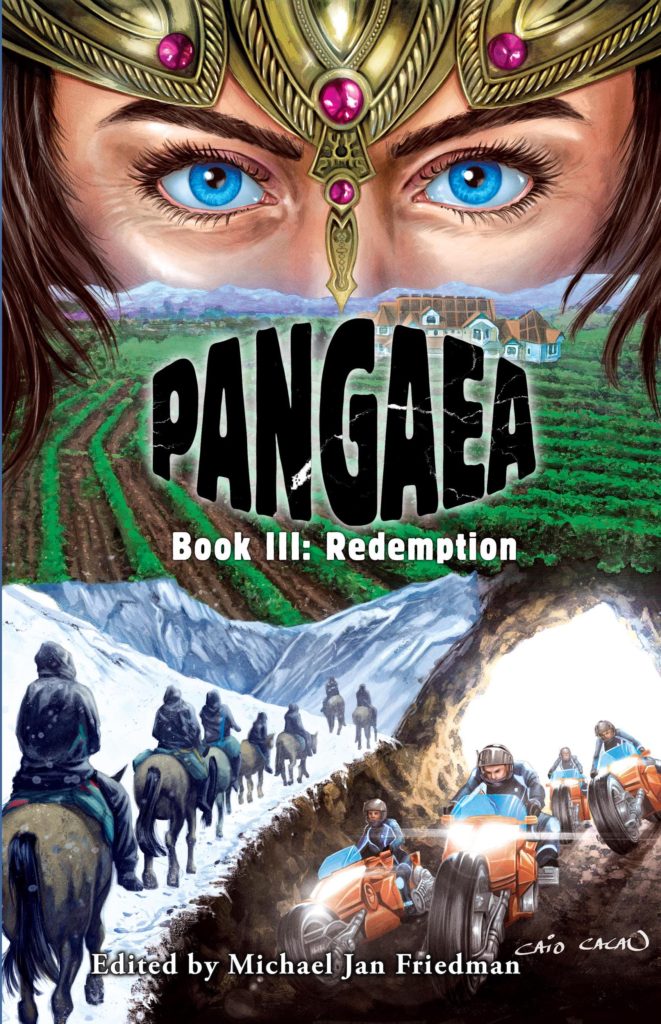




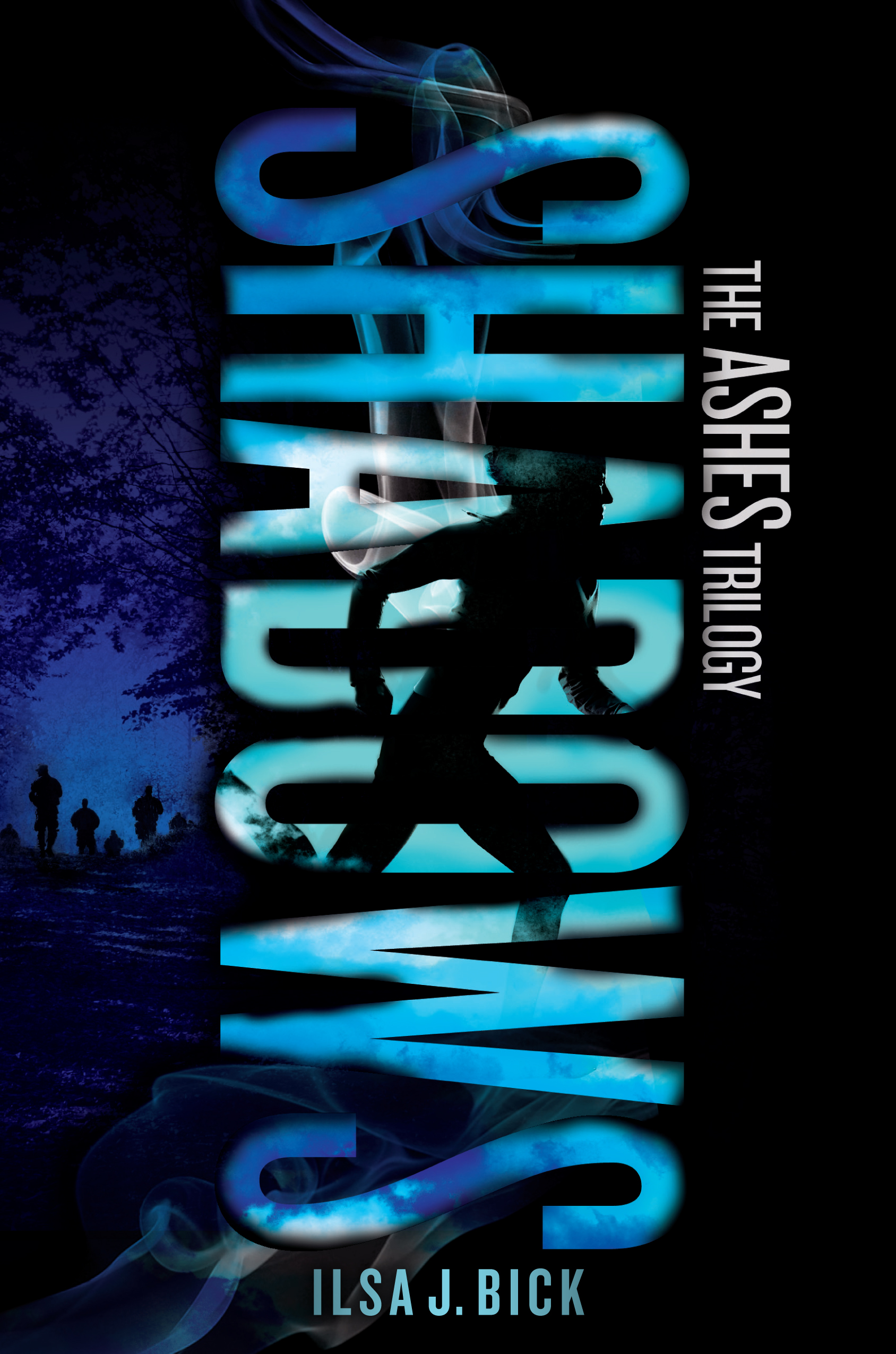
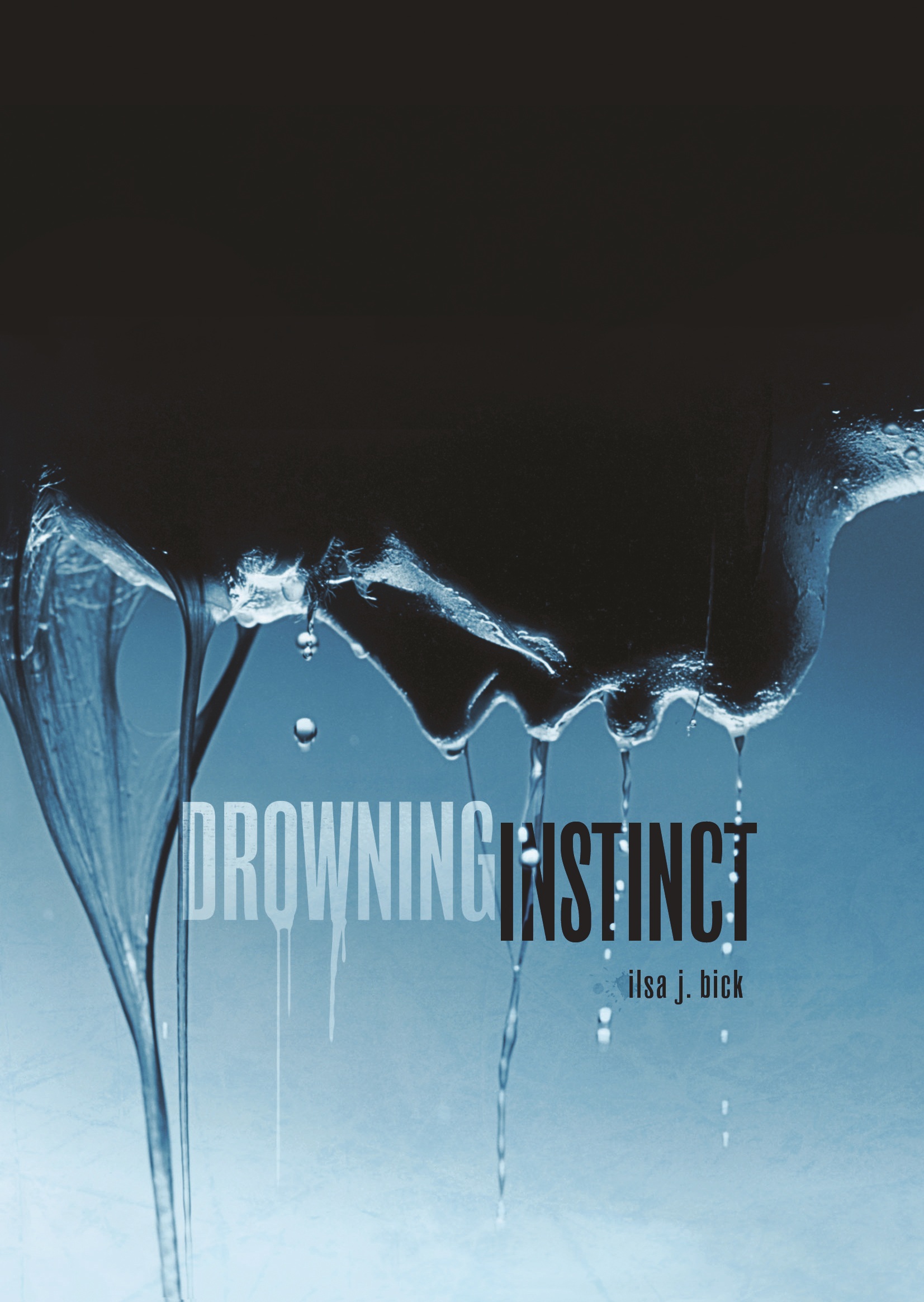

Absolutely GREAT! post, Ilsa. I have done my best to answer in kind, including a backlink: http://www.matthewlieberbuchman.com/?p=85